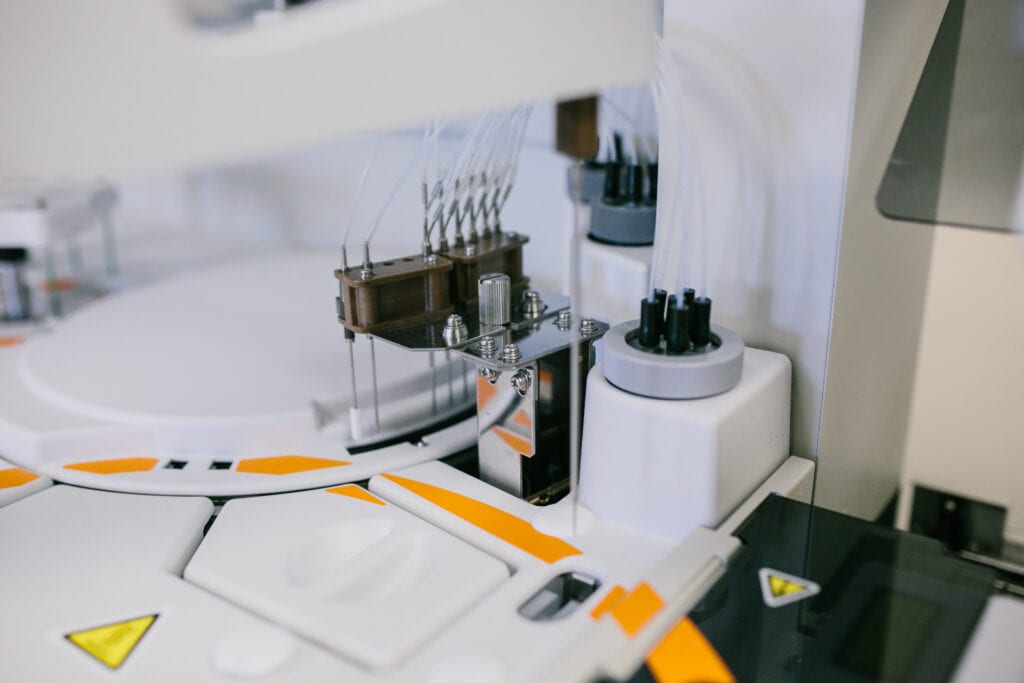How Veterinary Labs Keep Dogs and Cats Healthy
How Veterinary Labs Keep Dogs and Cats Healthy
Blog Article
The health of pets is a top priority, and supporting their wellness requires effort. Veterinary laboratories are pillars of modern pet care in ensuring proper care for companion animals.
Throughout this resource, we’ll discuss how diagnostic testing supports pet health and highlight the most common exams.
How Do Veterinary Laboratories Work?
Animal health testing facilities are specialized centers for testing biological materials. Vets rely on their findings to tailor care to the pet’s needs.

Steps in veterinary testing usually includes:
- Preparing samples for testing: Blood, urine, or feces are gathered during visits.
- Advanced diagnostics: Technicians and machines analyze the findings.
- Analyzing findings: Information helps manage health for your pet’s benefit.
Common Veterinary Tests for Dogs and Cats
Diagnostic exams are tailored to pet needs to manage chronic problems. Popular tests include:
- Hematology panels: Monitor immune responses.
- Urinary health exams: Ensure bladder health.
- Fecal analysis: Detect worms or parasites.
- Skin health exams: Improve coat health.
- Radiographic evaluations: Evaluate bone and joint health.
genoma laboratório veterináriolaboratório diagnóstico veterinário
How Testing Supports Pet Health
Ongoing evaluations is key to keeping pets healthy. Through these tests, you can prevent serious conditions.

Why diagnostics matter include:
- Better disease management: Vets can tailor treatments.
- Saving on future treatments: Emergency costs are avoided.
- Confidence in care: Regular tests keep you informed.
laboratorio exames veterinarios
The Value of Diagnostics for Pet Owners
Veterinary labs are vital for protecting the health of dogs and cats. By making testing part of their care, you give them the care they deserve.
Talk to your vet about testing today and keep them healthy and thriving!
Report this page